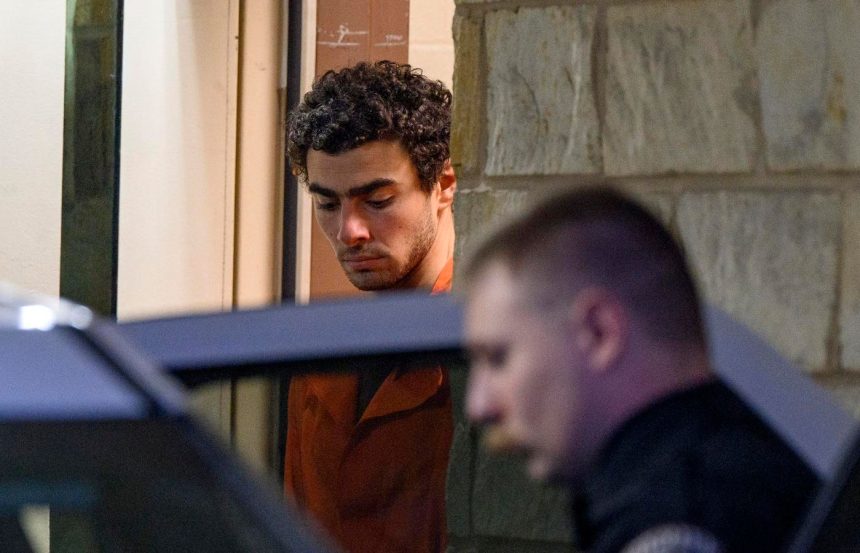The American justice system, grounded on the principle of “innocent until proven guilty,” aspires to provide fair trials for all. However, disparities in legal representation often create an uneven playing field, with prosecutors typically commanding greater resources than defense attorneys. This disparity raises concerns about the equity of the system and the ability of all defendants to receive adequate legal representation, potentially hindering their right to a fair trial. This issue is further compounded by the increasing influence of social media and online narratives, which can potentially sway public opinion and juror perceptions, introducing another layer of complexity to the pursuit of justice.
This concern is particularly relevant in the case of Luigi Mangione, accused of killing Brian Thompson, CEO of UnitedHealthcare. Mangione has garnered substantial online support, leading legal experts to worry about potential jury nullification. Jury nullification occurs when a jury acquits a defendant despite believing they are guilty, often due to disagreement with the law or its application in the specific case. Although legal, jury nullification remains controversial, prompting anxieties about its potential misuse and impact on justice. The significant online support for Mangione could encourage jurors to nullify the verdict, regardless of the evidence presented, further highlighting the tension between public sentiment and legal proceedings.
The digital age, characterized by ubiquitous access to information and social discourse, has amplified these concerns. While access to news and opinions isn’t new, the speed and reach of social media platforms intensify the potential for biased jurors. Platforms like Reddit have witnessed extensive discussions regarding Mangione’s case, raising questions about the feasibility of finding an impartial jury and the possibility of jurors being penalized for attempting nullification. The challenge lies in balancing the right to a fair trial with the pervasive influence of online narratives, which can potentially prejudice jurors and undermine the integrity of the judicial process.
The case of Luigi Mangione echoes previous instances where defendants achieved a level of online notoriety, highlighting the longstanding and contentious issue of jury nullification. The O.J. Simpson trial serves as a prime example of the divisive nature of public opinion and the power of jury independence. In today’s digital landscape, social media platforms exacerbate these divisions, transforming legal cases into arenas of public debate. The Mangione case, amplified through platforms like Twitter and Facebook, showcases how social media can shape narratives, fuel discord, and potentially influence juror perceptions, underscoring the need to address the interplay between online discourse and judicial proceedings.
High-profile cases often attract widespread attention, raising the risk of social media swaying public opinion and potentially impacting juror impartiality. The rapid dissemination and amplification of debates on these platforms can polarize views, potentially influencing jurors’ perspectives and increasing the likelihood of nullification. This phenomenon, termed “trial by media,” can overshadow the legal process, raising concerns about the ability of jurors to remain impartial despite widespread online discussions. The challenge for the courts lies in mitigating the influence of these external pressures and ensuring that verdicts are based on evidence and law, rather than public sentiment or online narratives.
The impact of social media extends beyond jurors, fueling political movements advocating for nullification and influencing defense and prosecution strategies. The spread of misinformation further complicates matters, potentially distorting public perceptions and hindering the delivery of fair verdicts. The courts may need to employ strategies like extended jury selection or change of venue to mitigate these biases and ensure a fair trial. Furthermore, the defense only needs to sway a single juror to potentially result in a hung jury or mistrial, further complicating the pursuit of justice in high-profile cases. In this era of pervasive social media influence, ensuring a fair trial for all becomes increasingly challenging, demanding careful consideration of the interplay between online narratives and the integrity of the legal process.



